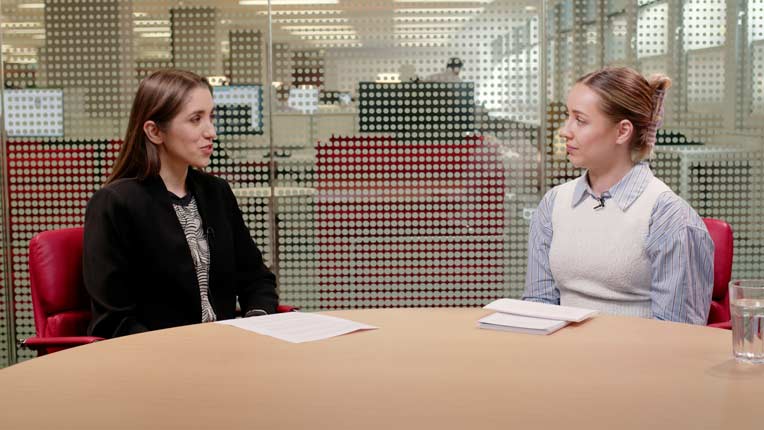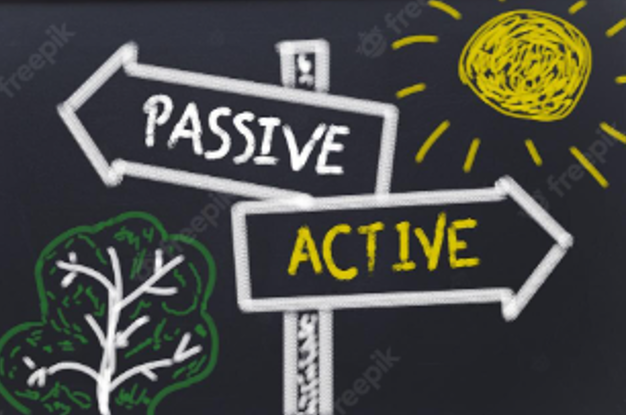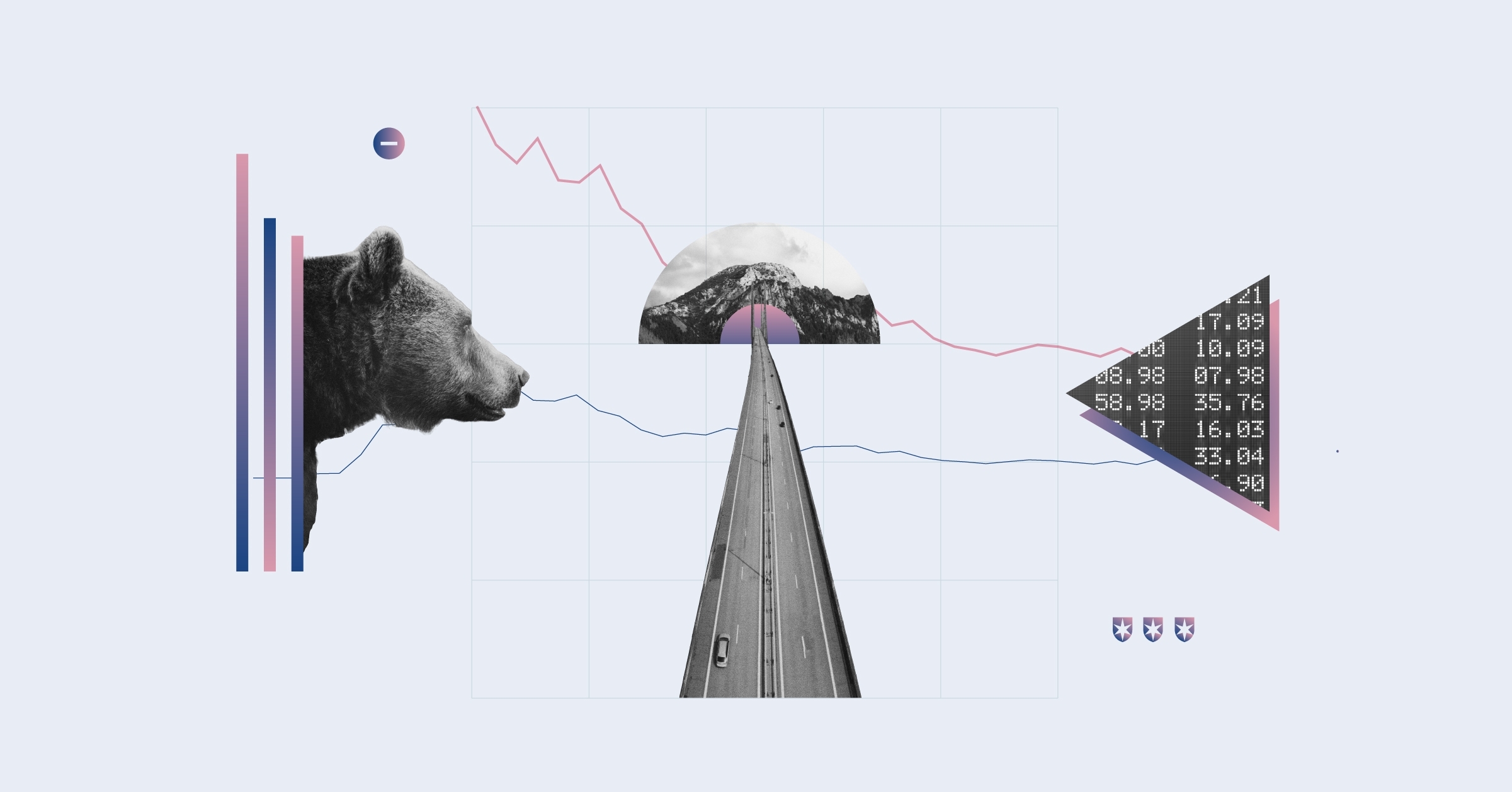Johanna Englundh: Welcome to Morningstar. Passive funds keep attracting assets from all over the world and their share of the global market reached 38% at the end of 2022. And if you're a loyal Morningstar reader, you have probably seen that we evaluate the performance of fund managers on a regular basis in which active managers time and again fail to impress as a group. So does this mean that we should all pile our cash into passive funds? Maybe not.
Jose Garcia Sarate, your Associate Director for Passive Strategies Research here at Morningstar. What do you think about this assumption that if active managers as a group keep failing to beat their passive peers, and especially over the long run, investors might aswell stick to only passive index funds?
Jose Garcia-Zarate: Well, there are several reasons. Explaining the increasing popularity of passive funds andlow management fees is probably the most important. To a large extent, the success of passive investing is predicated on the failure of active managers to deliver on their promises. So from that perspective, it's understandable that many investors would see passive funds as the default investment option. Now the question is, does that mean that we should give up even trying to find a successful active manager? And I think the answer is no.
There's always room in every asset class to add value. It may be challenging to find those investors, but that's a reality. Okay, so let's say that this interest keep evolving and more money keeps flowing into passive funds and then we end up with a market only consistent of passive index fund. What could that lead to? Well, I mean, my first thought it would be terribly boring, but that's kind of like a jokey statement. The more serious aspect to it is it could lead to severe inefficiencies. And I'm just thinking interms of the market construction.
I mean there is this misconception that passive funds track indexes and that indexes are static creatures that never change. But that's not true. Indexes can vary composition and do actually very compositionon the back of the decisions that we as individuals take on certain companies or in certain countries. So in a way, a passive fund cannot really work without the activity of individual investors. You would be negating the nature and basically impairing the mechanism of indexing.
JE: Ok, so have you noticed then during your years of researching the market, have you noticed any specific areas or markets where active managers are more successful than in others?
JGZ: As you alluded to, I mean, we run a study called the Active Passive Barometer where we measure those success rates of active managers versus their passive peers in the group of Morningstar categories. These success rates vary for different reasons, but there are some key guiding principles. So for example, highly liquid and efficient markets, the room for active managers to add value is going to be lower. Think for example, the US large cap equity. By contrast, active managers may have more room or latitude to find opportunities in markets where there are liquidity constraints, where information can be a challenge to obtain, or even markets where liquidity is not such a big problem, but there may be dominated by a specific group of companies or a specific economic sector.
JE: Do you have any thoughts on what active managers could do to compete with this increasing interest in index funds?
JGZ: Well, keeping a tight reign on cost would be a good way to start with, not over promising could be another. A successful active manner is probably one that is acutely aware that they can fail and there will be periods of short term underperformance, and this needs to be properly explained to investors.
JE: And for me, then, as an investor, what can I do to make sure that I choose the right active manager?
JGZ: Well, that's the key challenge. It's a difficult one. So I'd say that thorough duediligence and education are paramount. But I do understand that not everybody has the ability or the resources to undertake thorough due diligence, for example. And this is where companies like Morningstar comes in very handy. I mean, we have a dedicated team of very experienced analysts whose core mission is to identify those managers tha tcan help you in your long term investing journey.
JE: Very interesting. Thank you so much, Jose, for joining us here today. And until next time, I'm Johanna Englundh for morningstar.
(Deutsches Transkript folgt)






















